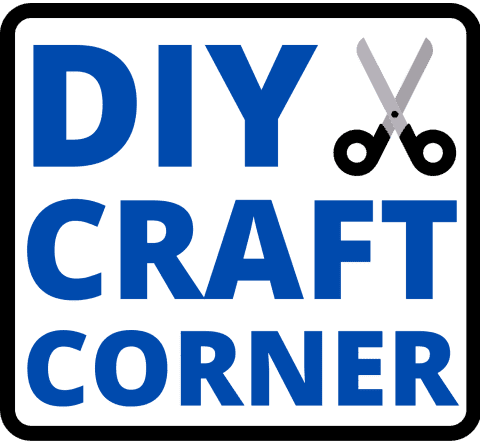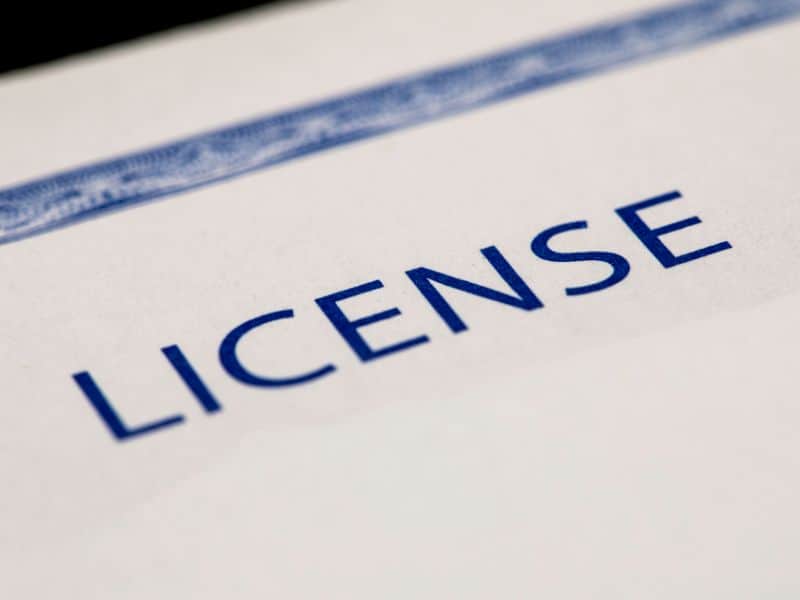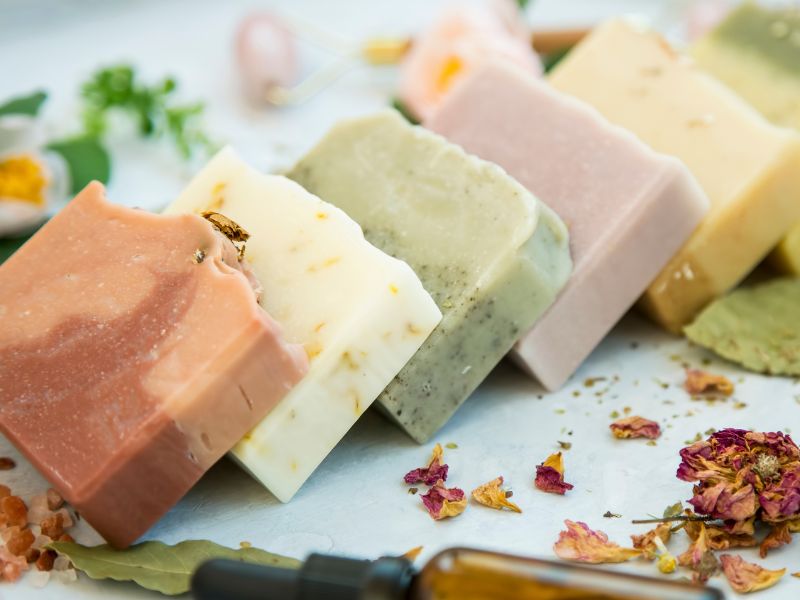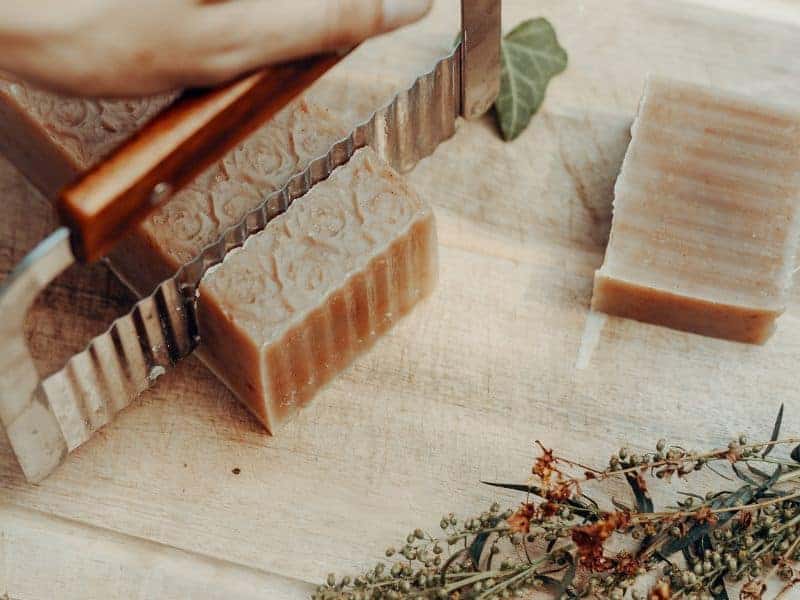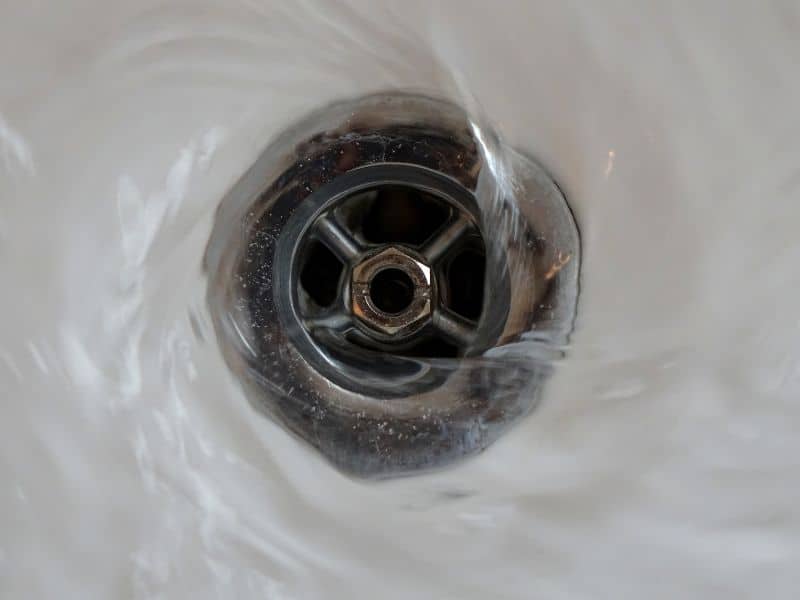When starting a soap making business one of the first questions that come to mind is whether or not you need a license. We will dive into the details and provide an overview of the regulations related to licensing for businesses dealing with soap products. In addition, we will discuss some ways that you can ensure compliance with local laws and protect yourself from potential legal issues down the road.
You do not need a license to sell soap in general. However, it depends on your location and the specific laws and regulations in your area. You should consult with your local government or regulatory agency to determine what licenses or permits may be required for selling soap.
You can sell a certain amount of product without meeting some legal requirements, however when it comes to liability and insurance it is usually better to be safe than sorry. Let’s take a closer look at some of the legal requirements related to selling soap.
Understanding Soap Making Regulations
Soap making is regulated by various government agencies to ensure the safety and quality of the products sold to consumers. These regulations vary by country and region, but generally cover areas such as labeling requirements, ingredients, and manufacturing practices. As a soap maker, it is important to be aware of the regulations that apply to your business to avoid potential legal issues.
Overview of The Regulatory Landscape for Soap Makers
One important regulation is the requirement to list all ingredients on the product label. This ensures that consumers are aware of what is in the soap and can make informed purchasing decisions.
Discussion of The Various Regulations and Requirements
Manufacturing practices are also regulated to ensure that soap is made in a safe and hygienic manner. This may include requirements for equipment, sanitation, and storage, as well as testing to ensure that the soap is free from harmful contaminants.
Business Licensing Requirements
A business license is typically required to operate any type of business, including a soap making business.
The Importance of Obtaining a Business License
A business license is typically required to operate any type of business, including a soap making business. The specific licenses and permits required may vary depending on your location and the size and scope of your business.
Types of Documentation Required for A Soap Making Businesses
To operate your business legally you may need a general business license, and a seller’s permit if you plan to sell soap at a farmers’ market or other public venues.
If you plan to hire employees, you may also need to obtain an employer identification number (EIN) from the government.
Failing to obtain the necessary licenses and permits can result in fines and legal issues, so it is important to research the requirements in your area and obtain the necessary documentation before starting your soap making business.
State and Local Regulations for Soap Making
State Regulations
In addition to federal regulations, soap makers must also comply with state and local regulations, which may vary significantly depending on your location. Local regulations may cover areas such as zoning, waste disposal, and health and safety, while state regulations may cover areas such as licensing and inspections.
Local Regulations
To find out about local regulations, you can contact your local government or regulatory agency. They can provide you with information on the specific requirements that apply to your area, and may also be able to provide you with guidance on how to comply with these requirements.
FDA Regulations for Soap Making
While soap is regulated by the FDA, it is not subject to the same strict regulations as cosmetics and drugs. Soap is considered a cosmetic, but is exempt from the labeling requirements and ingredient restrictions that apply to other cosmetics.
However, soap makers are still required to comply with certain federal regulations, such as Good Manufacturing Practices (GMP) for cosmetics. These regulations cover areas such as sanitation, labeling, and record-keeping, and are designed to ensure the safety and quality of cosmetic products sold to consumers.
Labeling Requirements for Soap
Proper labeling is important for soap makers to provide consumers with important information about their products. Soap labels must include the name of the product, the net weight or volume, and the name and address of the manufacturer or distributor.
Additionally, soap labels may also include information such as a list of ingredients, instructions for use, and any warnings or precautions. It is important to ensure that all labeling complies with federal, state, and local regulations to avoid legal issues.
Here is a bullet list summarizing labeling requirements for soap:
- The name of the product must be included on the label.
- The net weight or volume of the soap must be included on the label.
- The name and address of the manufacturer or distributor must be included on the label.
- The label may include a list of ingredients.
- The label may include instructions for use.
- The label may include any warnings or precautions.
- All labeling must comply with federal, state, and local regulations.
Soap makers should carefully review all labeling requirements and regulations to ensure their products comply with all necessary guidelines.
Sales Tax Requirements for Soap Sales
Soap makers who sell their products are typically required to collect and remit sales tax to their state or local government. The specific sales tax requirements may vary depending on your location, so it is important to research the regulations in your area.
To obtain a sales tax permit, you will need to register with your state or local taxing authority. This may involve submitting an application, providing information about your business, and obtaining a tax identification number. Once you have obtained a sales tax permit, you will need to collect sales tax on all taxable sales and remit the tax to the appropriate taxing authority.
Liability Insurance for Soap Makers
As a soap maker, it is important to protect yourself from potential liability issues that may arise from your business operations. Liability insurance can help protect you in the event of a lawsuit or other legal action related to your products or business operations.
Liability insurance policies may vary in coverage and cost, so it is important to research your options and choose a policy that meets your needs and budget. To obtain liability insurance, you can contact an insurance agent or broker who specializes in small business insurance.
Best Practices for Selling Soap
Following these practices can help ensure that your soap is well-received by customers, and that you comply with all relevant regulations. Some key best practices for selling soap include:
- Creating a quality product – Quality is key when it comes to soap. Your soap should be made with high-quality ingredients and formulated to be gentle on skin.
- Proper labeling – As discussed in previous answers, proper labeling is essential for selling soap. Make sure your labels include all required information and are accurate.
- Marketing your soap – To attract customers, you’ll need to market your soap effectively. Consider setting up a website, social media presence, or attending local craft fairs or farmer’s markets.
- Offering a range of scents and styles – Providing a variety of scents and styles can help you appeal to a wider customer base.
- Pricing your soap fairly – While handmade soap can be more expensive than commercially produced soap, it’s important to price your soap fairly for your customers.
- Providing excellent customer service – Customers appreciate good customer service. Respond promptly to inquiries and orders, and be willing to work with customers to resolve any issues.
- Keeping accurate records – Keeping accurate records of your soap-making process, sales, and expenses can help you comply with tax and regulatory requirements.
By following these best practices, you can help ensure that your soap business is successful and that your customers are satisfied with your products.
Frequently Asked Questions
Yes, soap must be properly labeled in accordance with the FDA’s Fair Packaging and Labeling Act. The label must include the product name, net weight, and the name and address of the manufacturer.
Liability insurance protects a business from financial loss in the event of an accident or injury caused by their products. Soap makers need it to protect themselves from potential lawsuits.
No, it is illegal to sell soap without complying with applicable regulations.
Non-compliance can result in fines, legal action, or even the closure of your business.
Contact your local government offices, such as the city or county health department, to find out about any applicable regulations.
There are no federal regulations on soap-making equipment, but some states may have specific requirements.
No, but it is recommended that you do so in case of any allergies or sensitivities. Additionally, certain ingredients may require special labelings, such as colorants or fragrances.
Conclusion
In conclusion, soap makers are generally not required to have a license to sell soap. However, they must comply with federal, state, and local regulations regarding labeling and taxation. Additionally, obtaining liability insurance is important to protect your business from potential legal action.
Furthermore, you should research any specific requirements for your region to ensure that your products are compliant with all applicable regulations. Ultimately, by following these steps you can create a successful and safe business selling handmade soap.
